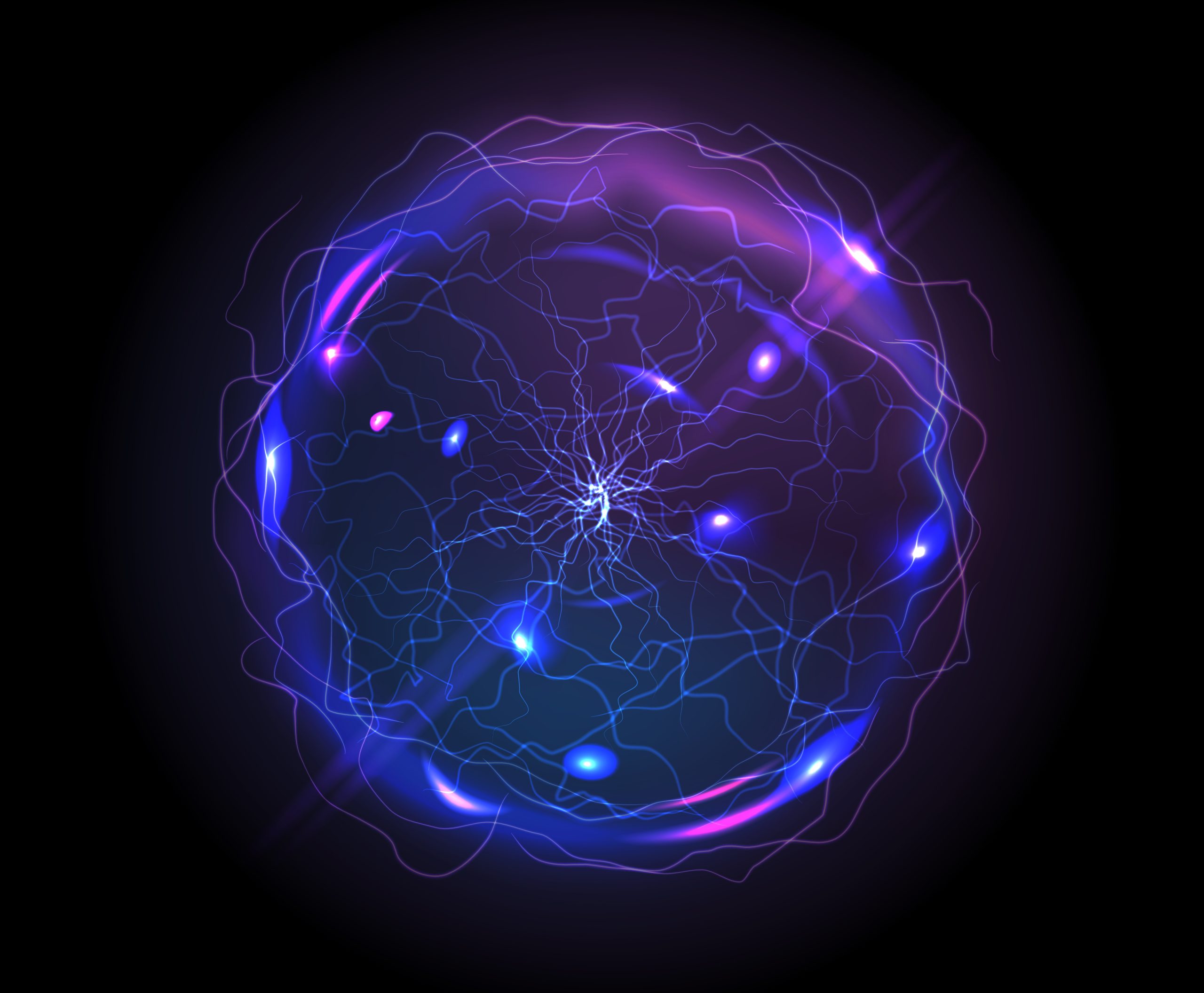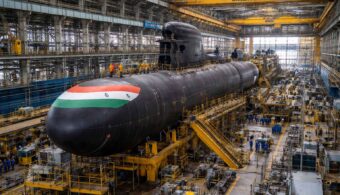Germany’s federal cabinet has adopted the High-Tech Agenda Deutschland, a national innovation strategy that elevates six “key technologies” to the center of economic policy: quantum technologies, artificial intelligence, biotechnology, microelectronics, fusion & climate-neutral energy, and climate-neutral mobility. The government’s emphasis is on speed—translating R&D into deployment to bolster competitiveness and technological sovereignty.
According to The Quantum Insider, Berlin intends to convene a broad ecosystem—researchers, startups, industry leaders, and policymakers—at an autumn 2025 kick-off to align roadmaps and accelerate commercialization. The cabinet decision marks the formal launch of a full-term program.
Germany’s Quantum Roadmap: Targets and Timelines
Quantum computing – Develop at least two error-corrected quantum computers by 2030, accessible to industry, academia, and government.
Quantum sensing – Launch early-disease-detection pilots and open at least one new application domain for advanced sensing technologies.
Quantum communication & networking – Expand the QuNET program with high-profile experiments in 2025–26, achieve the first quantum-repeater technology demonstration in 2028, and advance the €19.8–€20M Quantenrepeater.Net (QR.N) program for real-world testing.
National backbone – Implement the QTF-Backbone, a decade-long build-out of a quantum- and time-frequency-grade fiber network for secure communications and precision timing.
Germany’s space layer is also progressing. The QUICK³ nanosatellite, launched on June 24, 2025, is testing components for future quantum satellite communications, while the QUBE research mission is advancing small-satellite quantum key generation—both aligned with the High-Tech Agenda’s 2025 space objectives.
Where AI Fits: Shared Infrastructure with Quantum
A companion AI strategy aims for AI to contribute ~10% of GDP by 2030, supported by EU-scale “AI gigafactories” that will also power compute-intensive quantum applications. Planned infrastructure, such as Deutsche Telekom’s exploratory gigafactory partnership, will serve quantum simulation, optimization, and AI–quantum co-design research.
India’s Quantum Drive – Brief Overview
India’s National Quantum Mission (NQM) follows a hub-and-spoke structure with four Thematic Hubs: Quantum Computing (IISc Bengaluru), Quantum Communication (IIT-Madras with C-DOT), Quantum Sensing & Metrology (IIT-Bombay), and Quantum Materials & Devices (IIT-Delhi). Goals include:
- 2000-km inter-city QKD network using fiber (trusted nodes/WDM) and satellite-enabled secure links over 2000 km.
- Quantum computing milestones scaling from 50 to 1000 qubits.
- Infrastructure such as DRDO’s Quantum Technology Research Centre in New Delhi (opened May 2025) and the Quantum Valley Tech Park in Amaravati, Andhra Pradesh, targeted for January 2026 launch.
India–Germany Momentum: Developments in 2025
Bilateral cooperation has accelerated. On April 13–14, 2025, India’s Science & Technology Minister Dr. Jitendra Singh met Bavaria’s Minister-President Markus Söder in New Delhi. Both reaffirmed collaboration in AI, quantum technologies, cyber-physical systems, green hydrogen, and electric mobility, highlighting the 2+2 cooperation model pairing universities and industry from both countries to speed innovation to market.
In May 2025, the IGSTC-funded QTCCS 2025 workshop at SASTRA University (co-hosted with Germany’s HZDR) gathered academia and industry from both nations to explore advances in quantum computing, connectivity, and security—underscoring the maturing academic–industry consortia.
Industrial Linkages and Innovation Corridors
Recent agreements show Indo–German cooperation moving from discussion to deployment:
Drone and defence technology – Quantum Systems GmbH (Bavaria) and RENK Gears Pvt. Ltd. (Bengaluru) signed an MoU to co-develop intelligent drone systems with potential integration of quantum-secure communications and AI-enabled analytics for defence and aerospace.
Manufacturing investment – German packaging machinery giant Krones announced a ₹315 crore investment in India’s manufacturing sector, as part of a broader Bavarian economic engagement.
Innovation Corridor – Bavaria and Karnataka are developing a high-tech “innovation corridor” to link startups, universities, and industries in sectors including space, AI, quantum computing, and biotechnology.
These industrial linkages and corridors are intended to embed quantum and AI solutions into real-world applications—from secure defence networks and telecom infrastructure to autonomous manufacturing and logistics systems.
Why This Matters for the Indo–German Quantum Corridor
Standards & infrastructure alignment – Germany’s QTF-Backbone aligns with India’s quantum link goals, opening scope for joint interoperability tests on repeaters, timing distribution, and QKD systems.
Compute access & talent – As Germany develops error-corrected systems and AI compute hubs, Indian T-Hubs and startups can co-develop applications, leveraging Germany’s infrastructure while Germany benefits from India’s developer base and market scale.
Commercialization path – The 2+2 model and IGSTC’s academia–industry programs provide a tested framework for moving joint R&D toward deployable products, de-risking technology transfer and scaling innovation.
With Germany’s engineering depth and India’s innovation capacity, the partnership is now operationalising a quantum technology corridor—positioning both nations to shape the future of secure communications, advanced sensing, and AI-integrated quantum systems.



